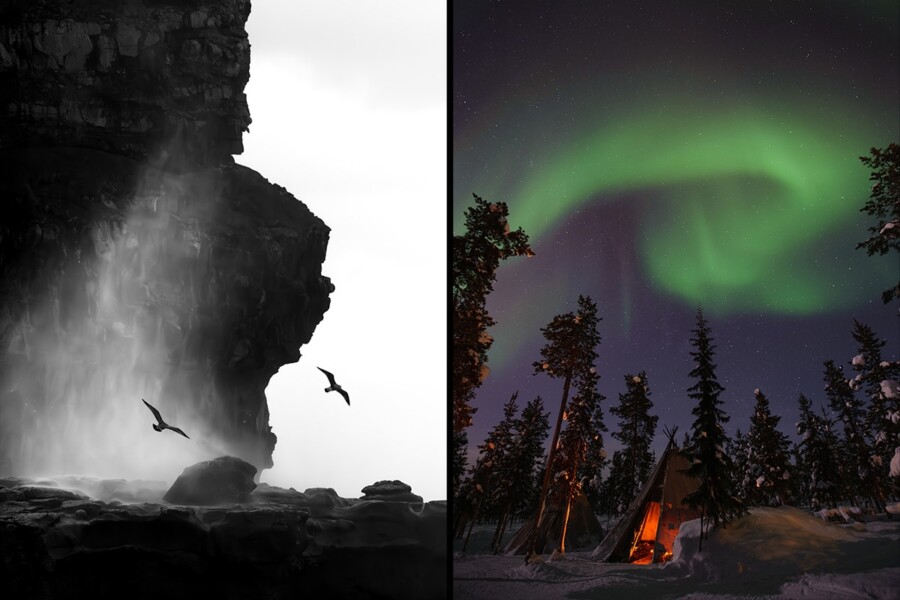Share
The Top 8 Questions About Copyright Answered
Why register a photo if it’s not yet published? Should I wait until just prior to publishing? Under US Copyright Law, copyright exists the momen...

Why register a photo if it’s not yet published? Should I wait until just prior to publishing?
Under US Copyright Law, copyright exists the moment you take a picture. But registering your images with the US Copyright Office confers two major benefits:
- The court can award statutory damages of up to $150,000 per infringement.
- The court can award reasonable attorney fees
If you register and unpublished work, and then subsequently publish it, it is covered by the copyright registration.
What is considered “published”?
The US Copyright office doesn’t offer specific guidance on this issue, nor is there any case law. But for purposes of the Internet, any image that is viewable through a public link should probably be considered published. This includes all social media, blogs, portfolio websites, etc. You want to register your published images within three months of publication makes it easier to sue and recover damages.
Is there a limit on the number of photographs in a published submission?
Yes. You can register up to 750 published images under one fee by using the Copyright Office’s Continuation Form. For unpublished works, there is no limit.
What fees are involved in registering images?
$35 for a single work. $55 for all others. Here is a complete list of fees from the US Copyright Office.
Is the registration fee based on a single bulk batch regardless of quantity or based on a per image basis?
The rules for unpublished and published images vary. But generally speaking you can group images together. See more on the US Copyright site.
How do I register images online?
Here’s John Harrington’s video guide for registering Published Images on the US Copyright Office’s eCO System.
What are the ramifications of not registering within 3 months?
If you do not register published works within three months, you may not collect statutory damages or attorney’s fees.
What is a DMCA takedown notice?
The Digital Millenium Copyright Act is a US Copyright Law that incorporates two treatises of the World Intellectual Property Organization. It provides online entities with “safe harbor” when a user uploads copyrighted content. With this provision, however, these companies must provide a mechanism for honoring DMCA Takedown requests. It also makes it illegal to remove copyright information (either meta data or a watermark) from an image.
Additional Resources
- US Copyright Office
- The Photographer’s Guide to Copyright
- Your Photo’s Copyright Has Been Infringed. Now What? (video)
- Demystifying Copyright & Social Media Terms of Service (video)
- ASMP’s Copyright Tutorial
- NPPA’s Copyright Resources



